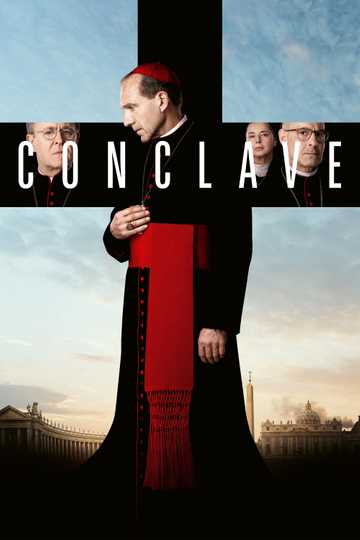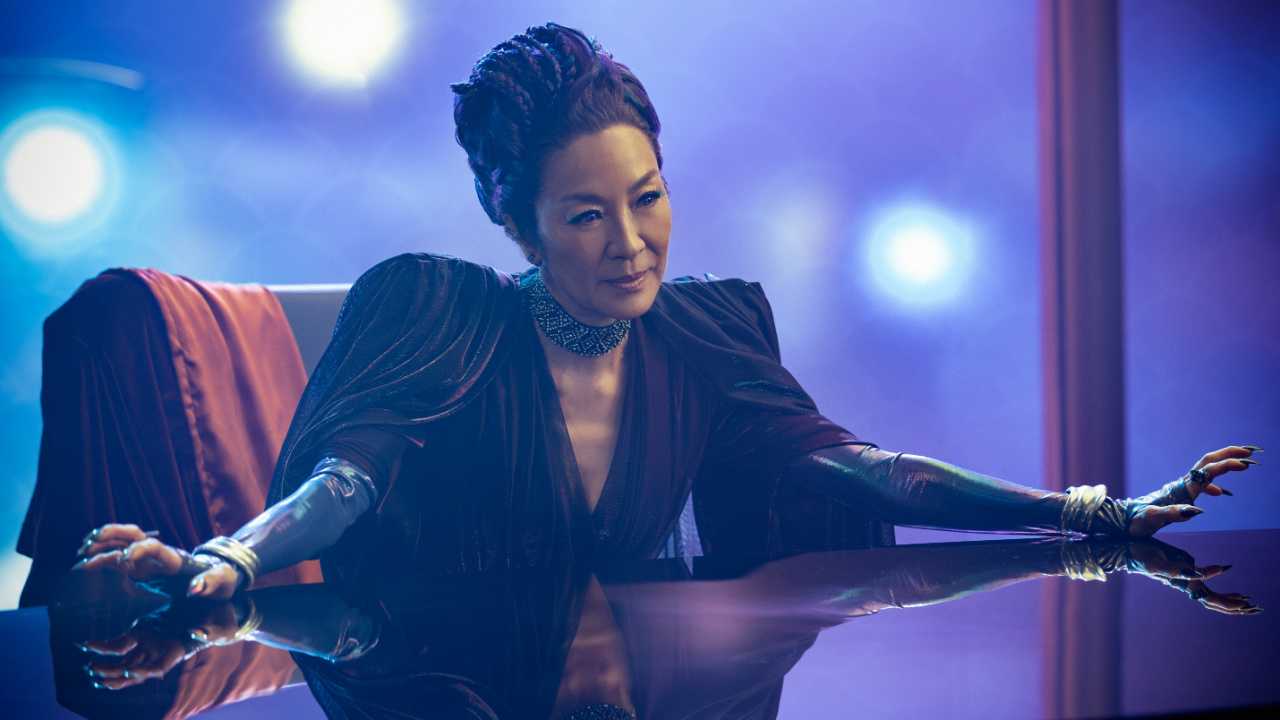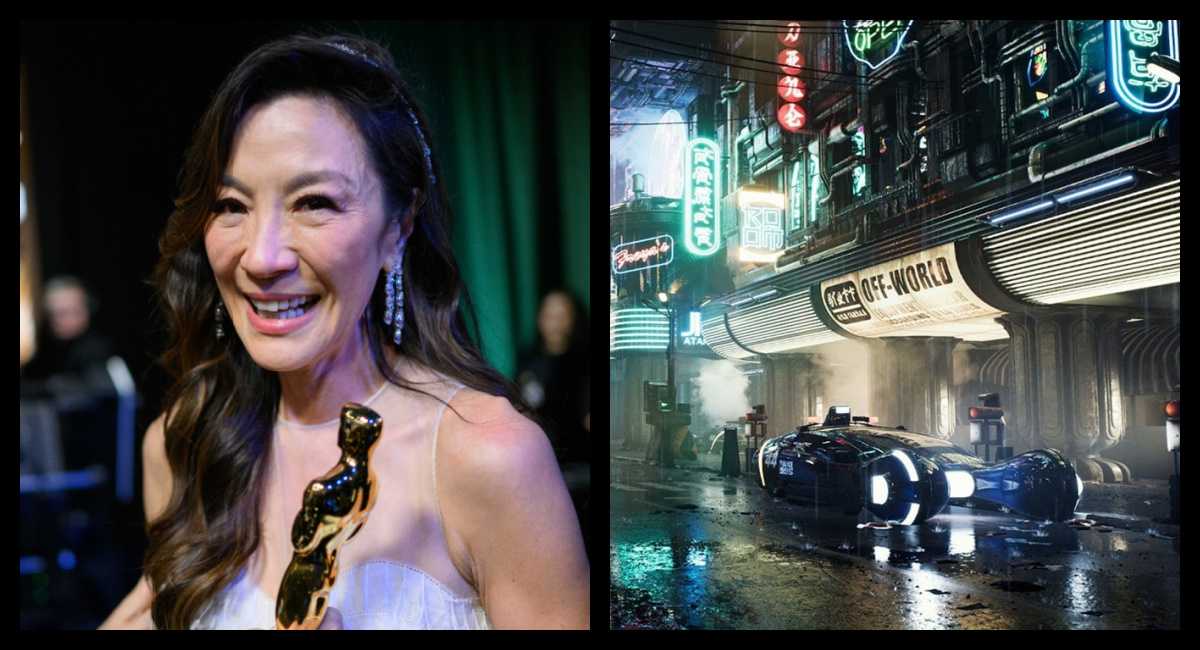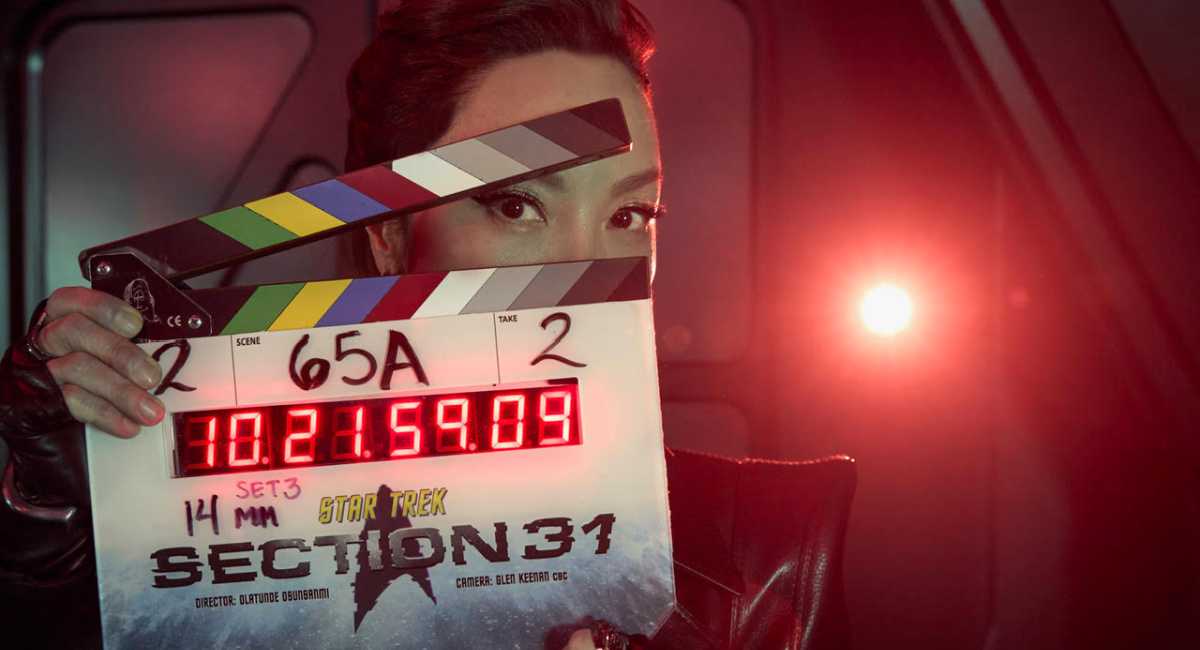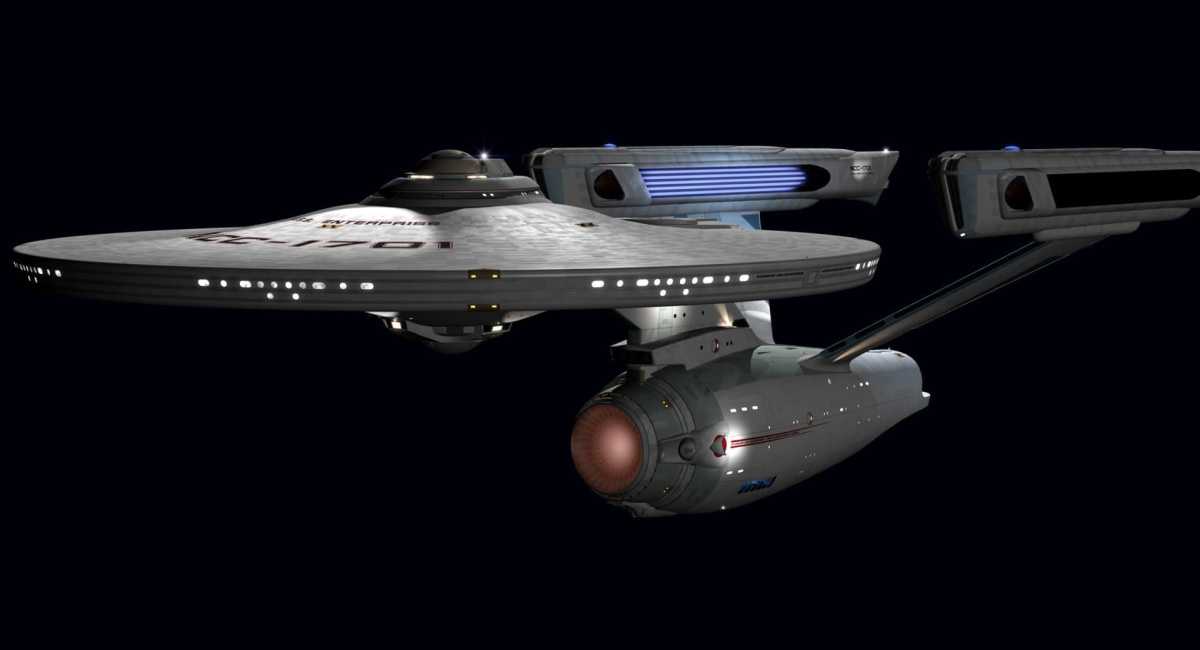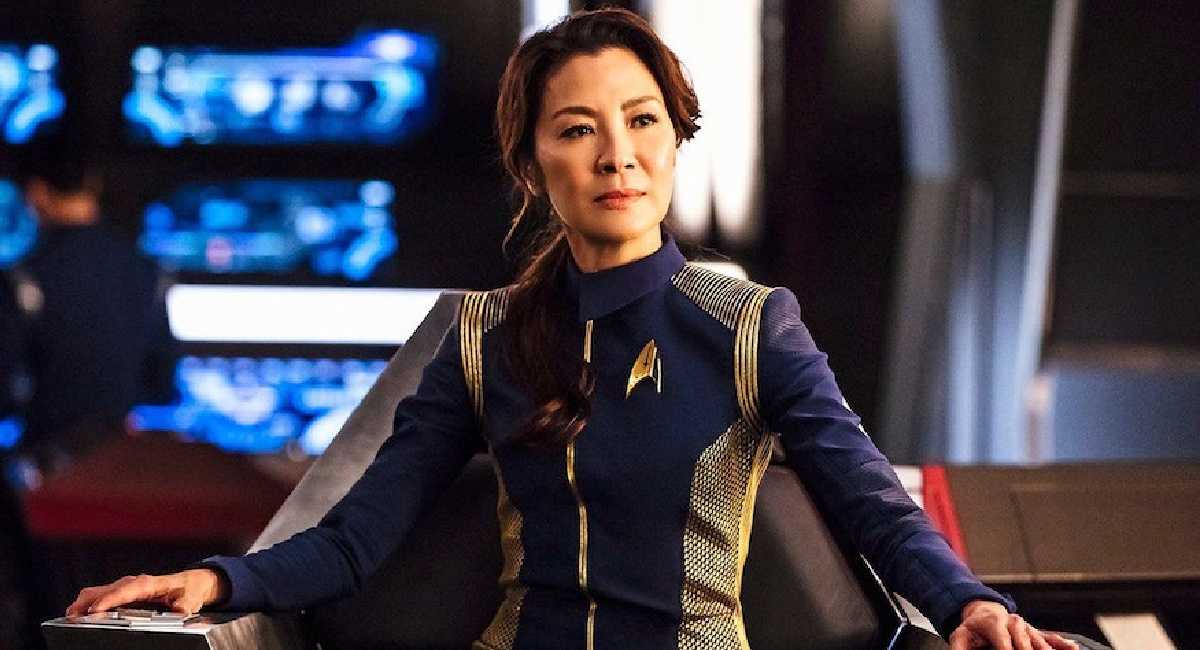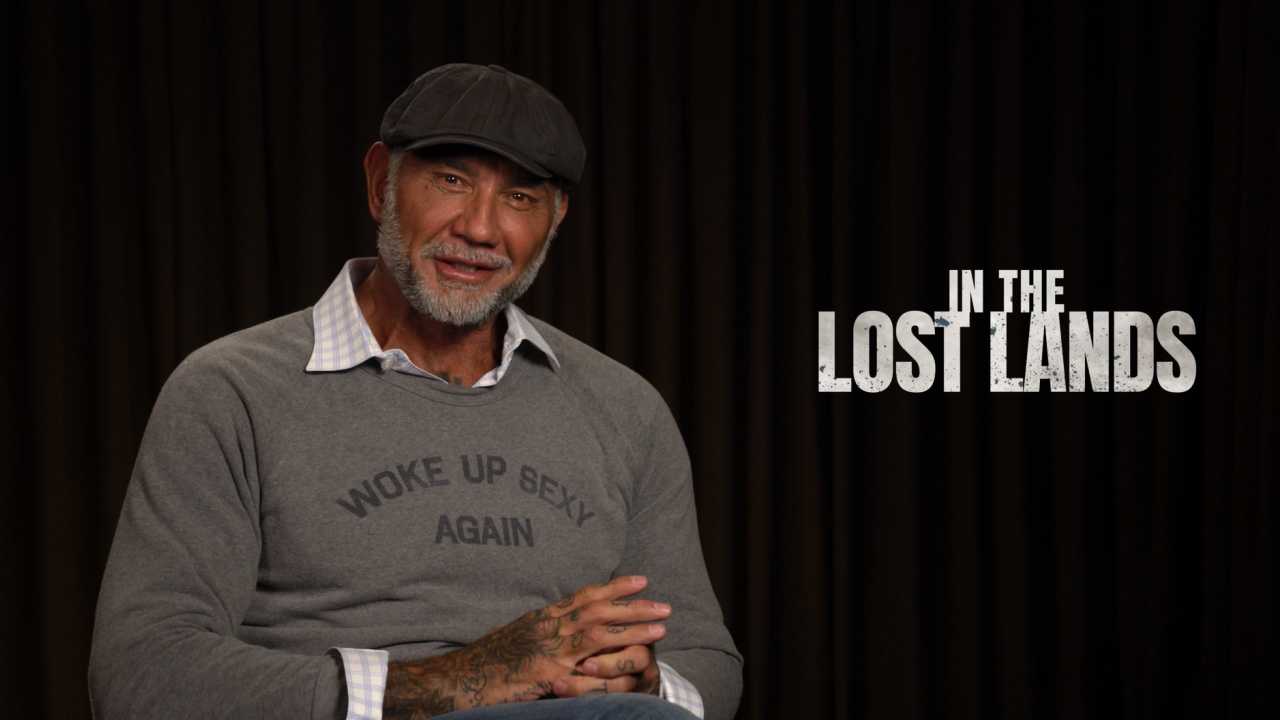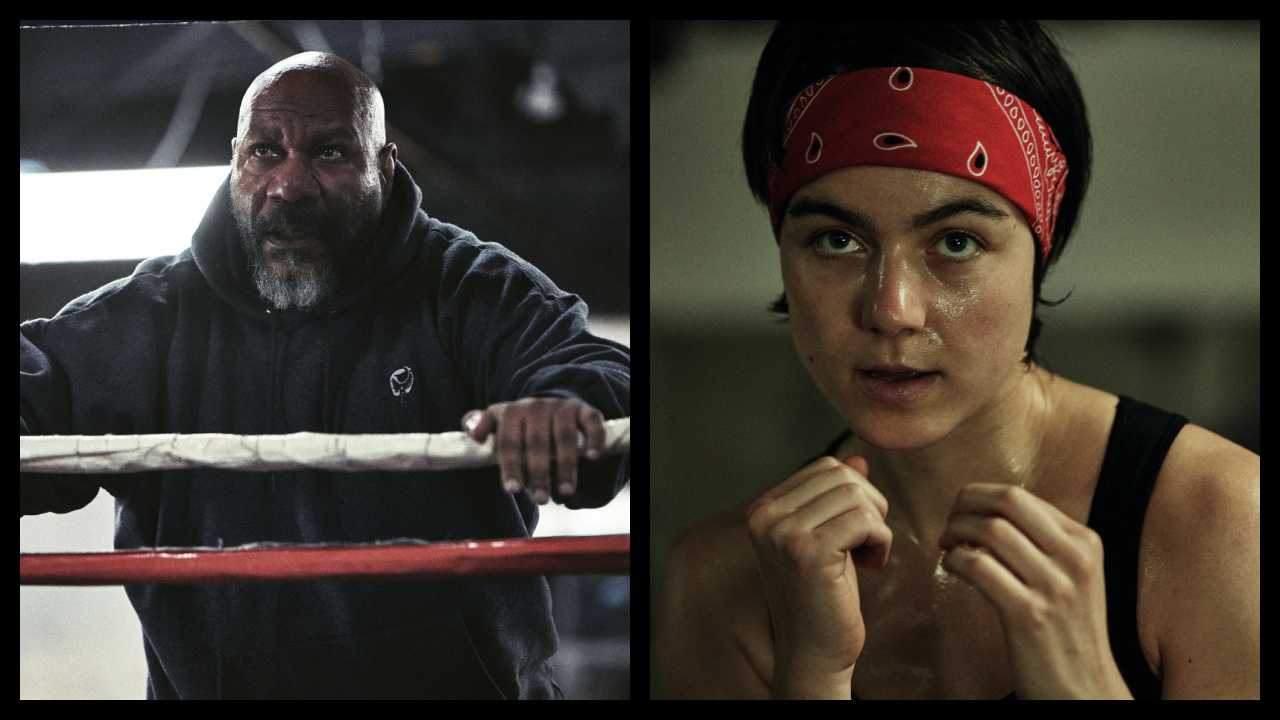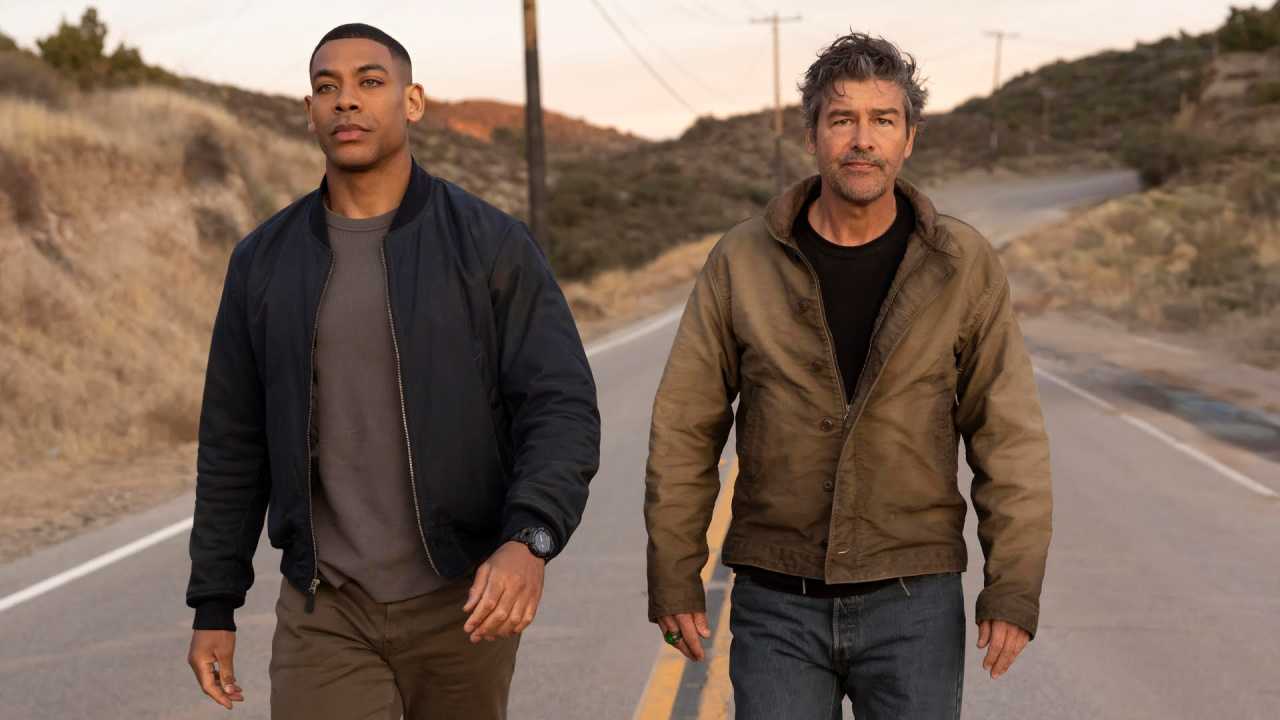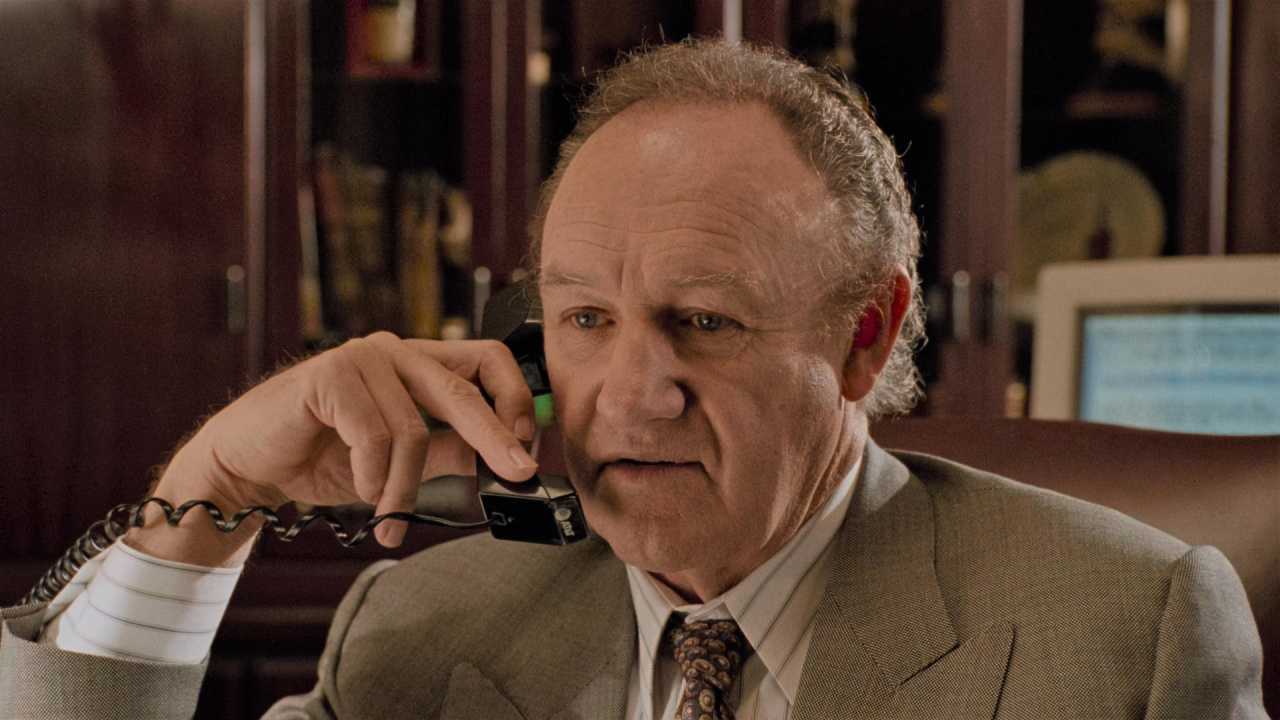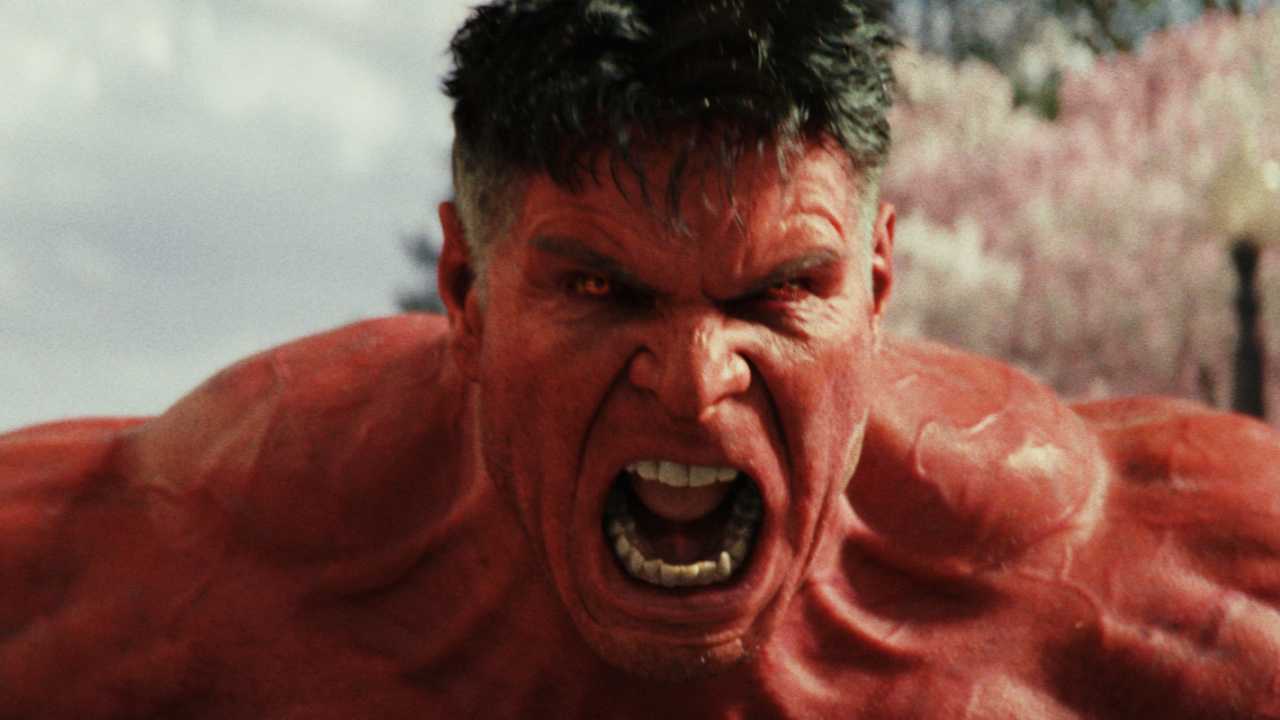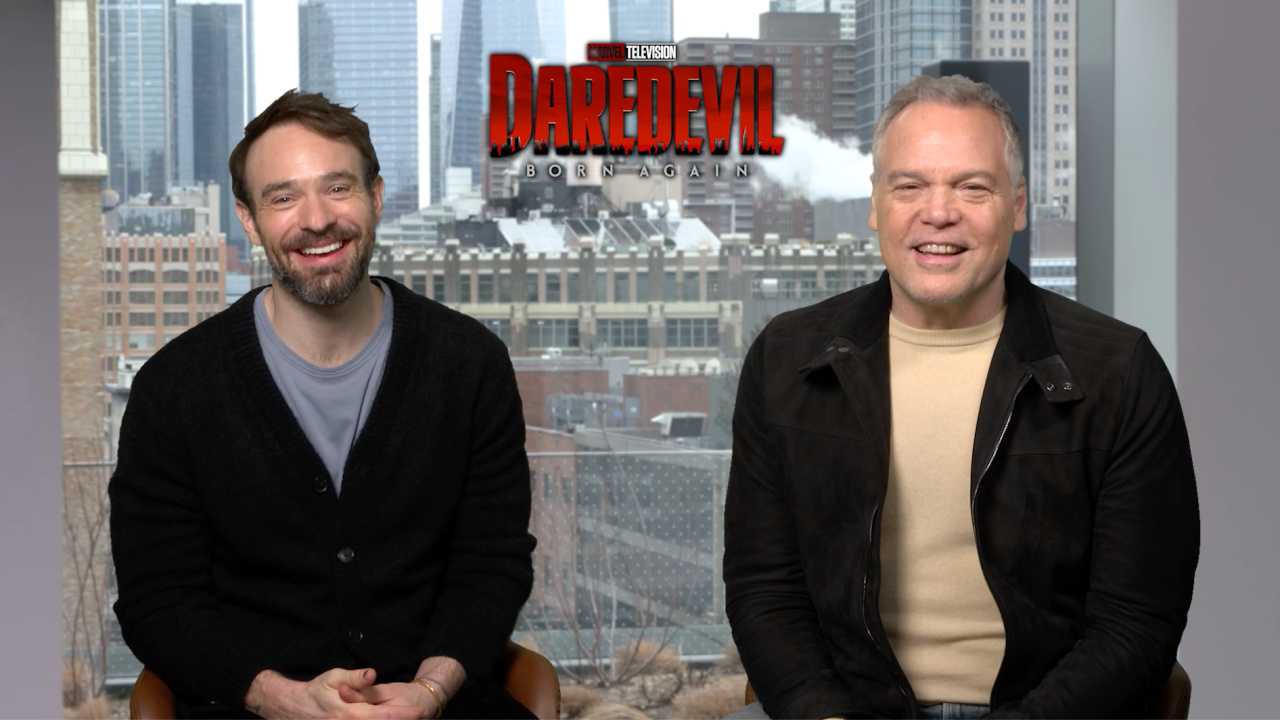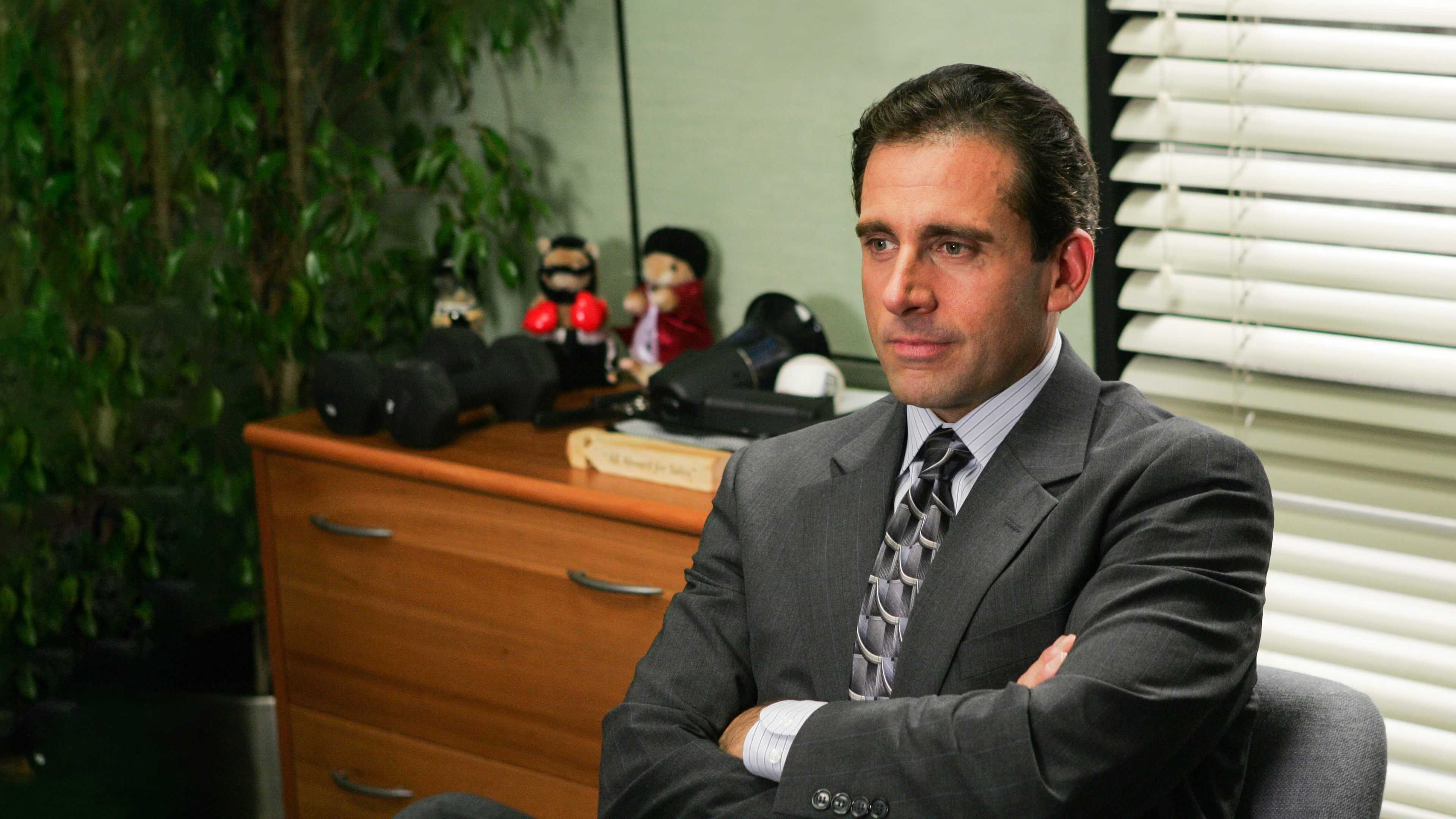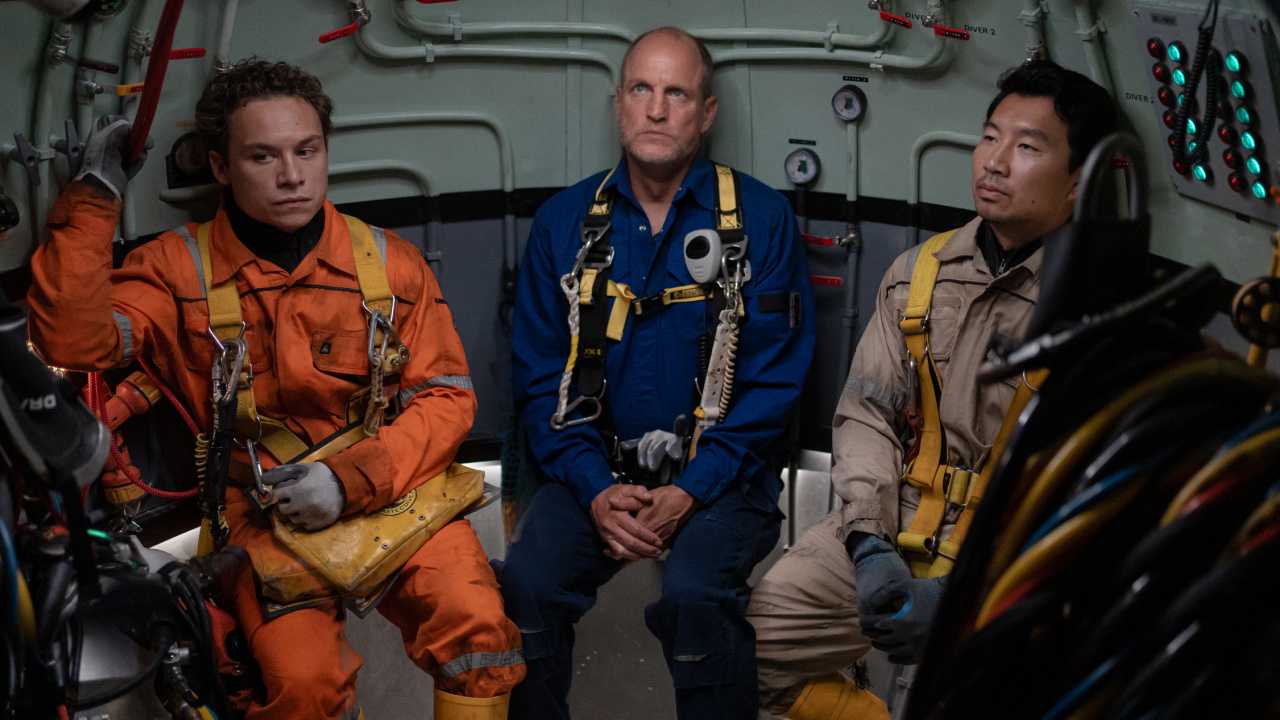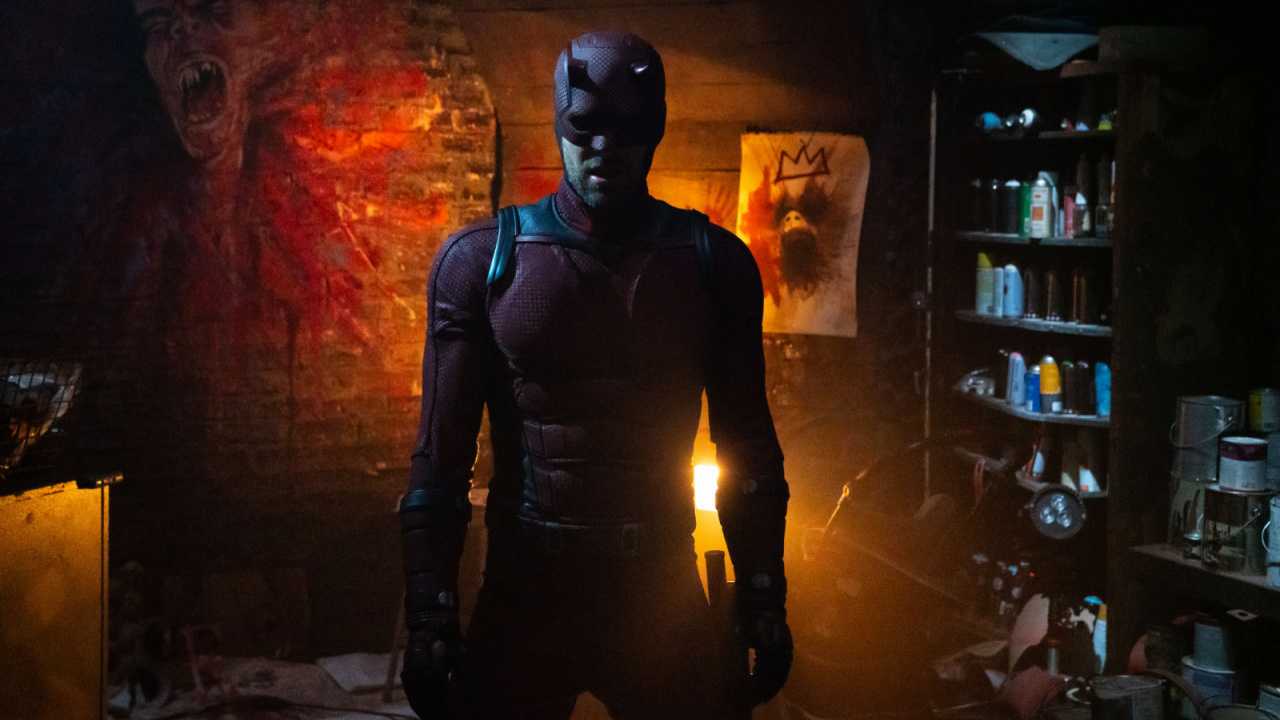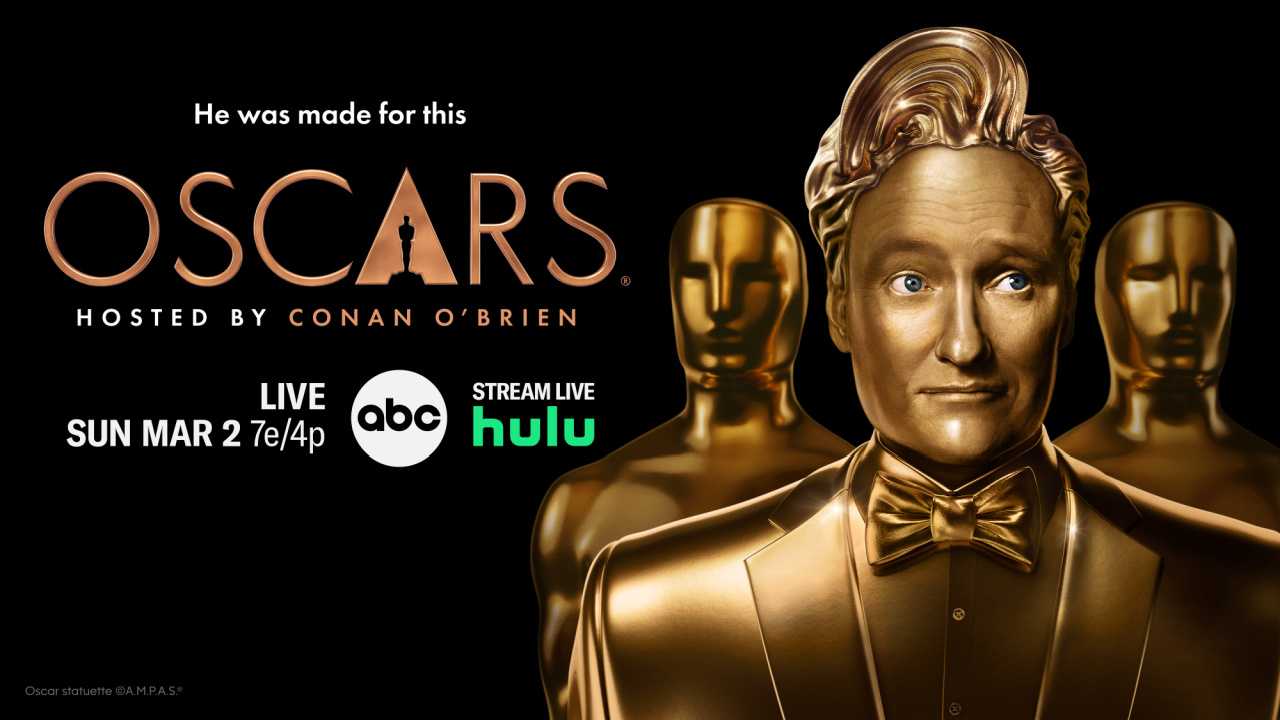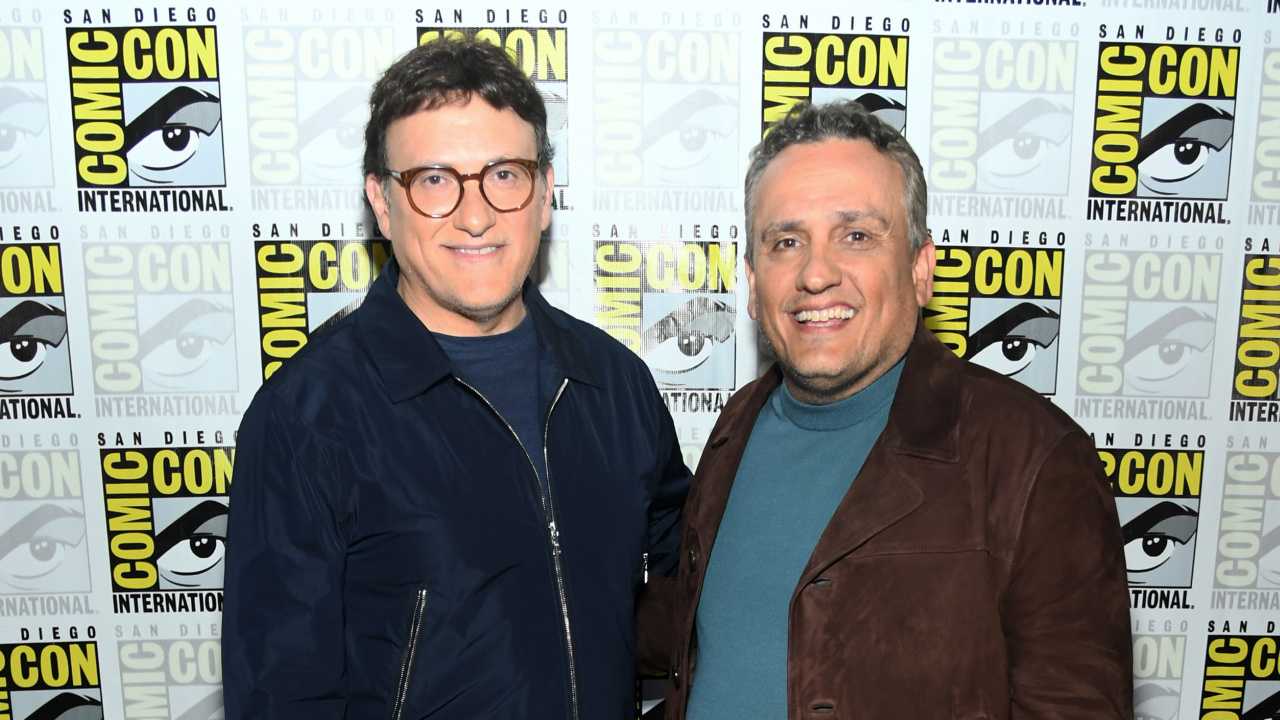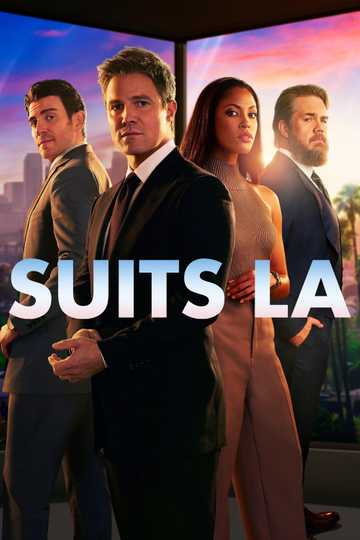Every Star Trek Series, Ranked From Kirk to Picard
With over 500 hours of space-based adventure logged, "Star Trek" is the TV franchise to beat; it's endlessly imaginative and just-as-inspiring. As we anticipate the second season of "Star Trek: Discovery," here is a definitive ranking of every Trek television series (so far). Ready to get beamed up?
7. 'Star Trek: The Animated Series' (1973 - 1975)
Unbound by TV budget limitations, this series makes up for its deliberate/sometimes stiff pace with an impressive execution of big sci-fi premises truly worthy of what one would expect to find in the Final Frontier. Featuring the original cast voicing their iconic characters, along with several key writers from The Original Series' best episodes, the Enterprise's brief animated adventures deliver a nostalgic and inspired continuation of the voyages fans fell in love with in the '60s.
6. 'Star Trek: Enterprise' (2001 - 2005)
In retrospect, UPN's attempts to make the franchise palpable for modern audiences; the arrival of this prequel series arguably did more harm than good. (Remember those ads featuring The Calling's "Wherever You Will Go?" Woof.) The show's first two seasons never quite lived up to the ads' promise of a more rouge-around-the-edges/fist-fight-y mission than fans were used to. The early days of Starfleet, as seen through the eyes of the first Enterprise crew, really hit its stride in Seasons Three and Four, especially the latter -- which embraced its Trekness with callbacks to Original Series canon deep cuts (Mirror Universe FTW!) Scott Bakula's Captain Archer is a Harrison Ford-type with a hell of a right cross and a desire to be a good guy, it is just too bad the series failed to service him in a way to put him up there with the greats like Kirk and Picard. But the show's most underrated asset is Chief Engineer Trip Tucker; he's basically McCoy and Scotty rolled into one.
5. 'Star Trek: Voyager' (1995 - 2001)
Most Trek series (save for TOS) suffer from rocky starts, especially in the first two seasons. "Voyager" is arguably the most guilty of this, as the series never really delivered on its most inspired premise: Federation officers and their freedom fighter counterparts are lost in space, 75 light years from home, struggling to get back to Earth, navigating new threats in a part of the galaxy where no man has ever gone before. What was intended to showcase what happens when you have no starbases to repair battle damage or replenish supplies turned into Next Gen Lite, with only a handful of episodes in Seasons Three, Four, and Five truly achieving best-of status. (Most of the run feels like each new ep is almost re-piloting, constantly in search of a way into a story worthy of driving a series.) To paraphrase cast member Robert Beltran's criticism of the show around the 100th episode: Did we do 100 episodes, or the same show 100 times? The introduction of Seven of Nine, much to the chagrin of series lead Kate Mulgrew, gave the show a pulse that it sorely needed. Too bad the series all but flatlined with a big, but lackluster, series finale that shows Voyager getting home after seven seasons without giving them -- or fans -- a dramatically satisfying homecoming. The episode just ends with Voyager approaching Earth's orbit like it were just another planet. Snooze.
4. 'Star Trek Discovery' (2017 - Present)
Literally going where no Trek has gone before, in both budget (see GIF) and tone, "Discovery" is a thematically-driven, character-first, action-packed depiction of a Starfleet test driving their Utopian ideals in the middle of a war with the Klingons, all on the edge of the Final Frontier. While hard core fans initially bumped against the show's darker elements, crying "This isn't Star Trek!", they seemingly came around to the fact that the show was trying to blend in with the current, gritty TV landscape, while still remaining true to what makes Trek, you know, Trek: The characters, their dynamic, and their ability to be used to tell stories that do what all great sci-fi does -- use a future setting to tell a story tethered to our very present reality. In doing so, "Discovery" delivered the franchise's best first season since The Original Series'. And one of the franchise's most accessible/relatable ensembles, headlined by Sonequa Martin-Green's conflicted Michael Burnham and Jason Issac's complicated (and fortune cookie-loving) Captain Lorca. And while the Klingon War arc comes off half-baked and under-service-y, in favor of one focused on the Mirror Universe, that detour is totally worth it for a late-season phaser battle that is among the best action scenes the genre has ever produced.
3. 'Star Trek' (1966 - 1969)
The best first two seasons of any Trek series, the original adventures of Kirk, Spock, and McCoy are classic television for a reason. In between Shatner's a-mah-zing choices when fist fighting and firing phasers at enemy ships, this series set the standard for grounding sci-fi stories in relatable, emotionally-resonate themes. (Hallmarks of the franchise from then on.) It broke racial barriers with Lt. Uhura, and it embraced infinite diversity with infinite combinations as it explored our galaxy to find what makes humanity that which drives us to go where no man has gone before.
2. 'Star Trek: The Next Generation' (1987 - 1994)
Pound for pound, you won't find a more consistent or entertaining run of Trek episodes than Seasons Three and Four of this 30-year-old series. That's when the show found its footing, after two very uneven seasons burdened with epic behind-the-scenes clashes. The show that emerged from that gave us Sir Patrick Stewart, The Borg, the franchise's first cliffhanger ("Best of Both Worlds, Part 1"), and several straight-up classics ("Yesterday's Enterprise," "The Inner Light," "Cause and Effect," and the all-timer series finale "All Good Things" ... to name a few). While the series petered out creatively in its last two seasons, it managed to change the genre and the franchise in a way that rivals the original series and still resonates today (hello Old Man Picard series!)
1. 'Star Trek: Deep Space Nine' (1993 - 1999)
Arguably the first series pre-Peak TV to embrace long-form, serialized storytelling, "DS9" (as its known to fans) was and still is the bastard, rule-breaking stepchild of the Trek universe. And it is all the better for it. Seasons three through seven embrace the diversity and complex drama that Trek is known for, finding inventive -- and, at times, harrowing -- ways to bring action and high, emotional stakes to an anchored space station instead of a flying starship. Prejudice, racism, PTSD, and our own tenuous grip on morality are themes that the series wrapped in sci-fi friendly bows -- to much success. And while adding Worf was an attempt to boost ratings in the space battle-heavy fourth season, it also brought a much-need adrenaline drip to the character drama and personalities of the station's crew as they faced a growing, casualty-heavy battle with The Dominion. These thrills would help elevate this underrated Trek to become the franchise's crowning achievement.



